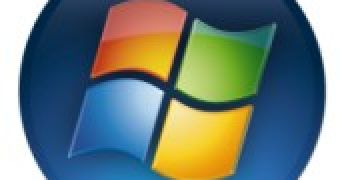Windows 7 and all other Windows operating systems since Windows Vista RTM contain MSXML6 as an in-band component of the operating system. According to a member of the Microsoft XML team, MSXML6 ‘s transition from an out-of-band (OOB) to in-band component has managed to generate some confusion with customers. Developers that are building or maintaining MSXML6 dependent applications need to know just what is happening with the component in relation to Windows, in order to help users get the best experience possible.
For the past year, the Redmond company has worked to make it easier for developers to leverage MSXML6. MSXML6 has been included in-band for all supported releases of Windows, as of the first release of Windows Vista. The strategy was also applied to Vista’s successor, Windows 7, as well as a to all additional post-Vista Windows releases.
“This began with Vista RTM and has remained the practice for all OS releases since then. Specifically, MSXML6 is in-band for XP SP3, Vista and Windows 7 . It should also be noted that the Vista and Windows 7 Server counterparts also contain in-band MSXML6. I.e. Windows Server 2008 and Windows Server 2008 R2 respectively. One caveat, those that are using Windows Server 2003 will still need to install MSXML6 via MSI/KB<number>.exe wrapped MSIs,” the Microsoft XML team representative explained.
Only MSXML6 dependent application running on top of XP SP2 and Windows Server 2003 need to have the OOB package of MSXML6 installed. As far as the operating systems released starting with Vista are concerned, MSXML6 installations are not required.
“In Microsoft lingo, OOB describes a component that is installed on top of Windows. I.e. A clean install of the Windows Operating System (OS) does not contain the component and thus an OOB installer must be used to gain the functionality desired. In the case of MSXML6, the OOB install was originally accomplished via an MSI but more recently KB<number>.exes—which are merely wrappers for the underlying MSXML6.MSI—are how we are distributing the OOB,” the Microsoft XML team member stated.

 14 DAY TRIAL //
14 DAY TRIAL //